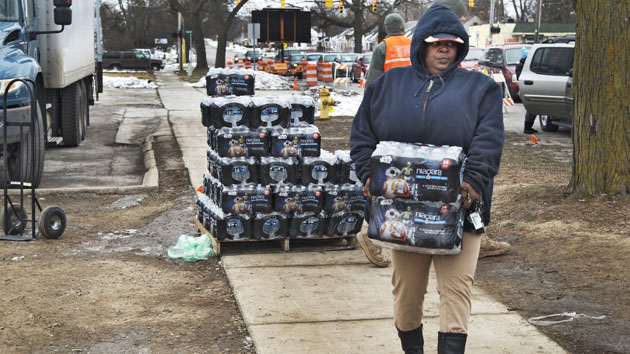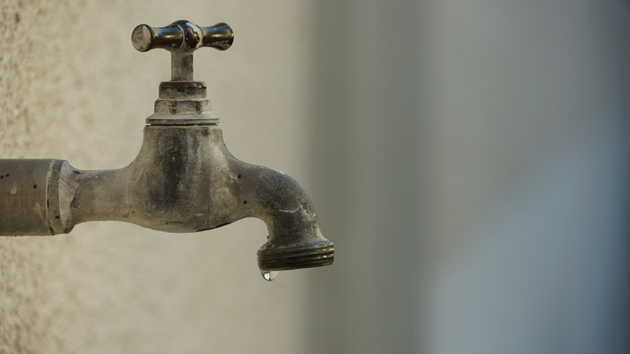Over the past year, American lawmakers have expressed outrage over the water crisis in Flint, Michigan—a “man-made disaster” that poisoned thousands of children living in the city, while state officials knew that the city’s tap water was in fact unsafe to drink.
But as John Oliver noted on the latest Last Week Tonight, lead contamination extends far beyond Flint. According to a USA Today study cited on Sunday, nearly 2,000 water systems across the United States have been detected for excessive lead levels. The problem gets even worse when children ingest lead paint dust, which is present in 2.1 million homes across the country where children under the age of six live.
“There is no safe level of lead,” Oliver said. “It’s one of those things that are so dangerous, you shouldn’t even let a little bit inside of you—much like heroin or Jeremy Piven. Even low-level exposure can lead to irreversible damage like lower IQ’s, anti-social behavior, and reduced attention span.”
Despite the outrage, Congress continues to deny the crucial funding needed to start removing lead from American homes.
“That’s what makes it so frustrating that last year all of those men voted for a bill that would have reduced the already low funding for hot lead abatement programs by $35 million, amounting to a 32 percent cut,” Oliver said. “And the truth is, if you cut funding like that, a whole lot more children might get poisoned.”
While the cuts never passed, funding to correct the issue has remained flat and continues to put children at risk for lead exposure across the country.
For more on Flint, check out Mother Jones‘ investigation into the crisis here.












